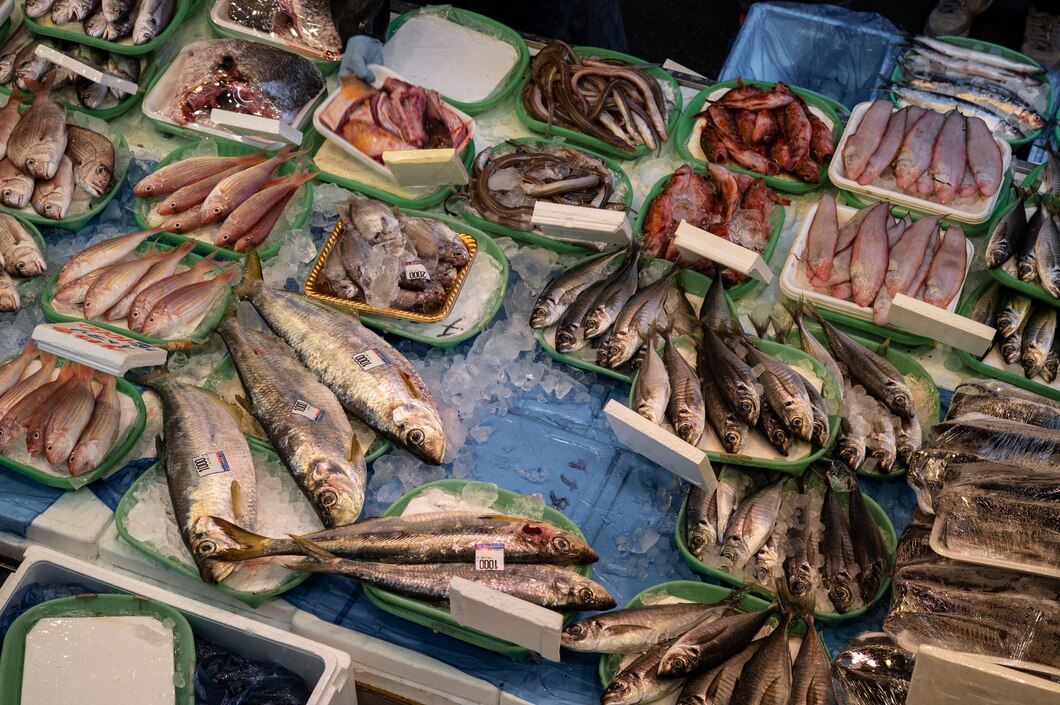Botswana, renowned for its diamond industry and expansive tourism opportunities, is also home to a fisheries sector with untapped potential. Despite being a semi-arid country, Botswana boasts a number of water bodies, including rivers, lakes, and reservoirs, which offer opportunities for sustainable fish farming and aquaculture. Entrepreneurs looking to diversify their ventures can explore the fisheries sector for both local consumption and export opportunities. This article provides a comprehensive guide to understanding the potential of Botswana’s fisheries sector for entrepreneurs.
Current State of Botswana’s Fisheries Sector
The fisheries sector in Botswana is relatively small, contributing a minor percentage to the national GDP. However, the country has a growing demand for fish and fish products due to increasing population and dietary diversification. Most of the fish consumed in Botswana is imported, indicating an opportunity for local entrepreneurs to reduce reliance on imports by increasing domestic production.
Major water bodies like the Okavango Delta, Chobe River, and Lake Ngami are vital for traditional fishing activities. Meanwhile, reservoirs such as the Gaborone Dam and Shashe Dam hold potential for aquaculture development.
Opportunities for Entrepreneurs in Botswana’s Fisheries Sector
1. Aquaculture Development
- Fish Farming: Entrepreneurs can invest in fish farming by cultivating species like tilapia, catfish, and bream in controlled environments.
- Integrated Farming: Combining aquaculture with agriculture, such as using fish waste to fertilize crops, can create sustainable farming systems.
- Ornamental Fish Farming: Growing exotic fish species for aquariums is a niche market with export potential.
2. Fish Processing and Value Addition
- Processing Plants: Establish facilities for cleaning, filleting, and freezing fish for sale in domestic and international markets.
- Value-Added Products: Create products like smoked fish, fish oil, or canned fish to meet diverse consumer preferences.
- Packaging Solutions: Invest in eco-friendly and innovative packaging to appeal to environmentally conscious consumers.
3. Fishing Equipment and Supplies
- Manufacture or sell fishing nets, boats, and gear to support both commercial and traditional fishers.
- Provide maintenance services for fishing equipment.
4. Export Opportunities
- Target regional markets in Southern Africa for fresh or processed fish products.
- Explore export partnerships for high-demand species, particularly in countries with limited local fish production.
5. Eco-Tourism Integration
- Combine fisheries with eco-tourism by offering recreational fishing or aquaculture tours.
- Develop fish farms as educational centers for schools and tourists interested in sustainable farming practices.
Key Challenges in Botswana’s Fisheries Sector
- Climate Variability: Limited and irregular rainfall affects the availability of water resources for aquaculture.
- Lack of Expertise: Many entrepreneurs lack knowledge about modern fish farming practices and technologies.
- Initial Investment Costs: Setting up fish farms and processing facilities requires significant capital investment.
- Regulatory Barriers: Navigating permits and licenses for aquaculture and fishing activities can be complex.
Strategies for Entrepreneurs
1. Conduct Feasibility Studies
- Assess the suitability of water bodies for aquaculture activities.
- Understand the market demand for various fish species and products.
2. Start Small and Scale Up
- Begin with small-scale fish farming to minimize risks and refine operational processes.
- Gradually expand as you gain experience and build a customer base.
3. Leverage Technology
- Use automated feeding systems and water quality monitoring tools to optimize fish farming.
- Implement cold storage systems to preserve fish quality during transportation.
4. Collaborate with Government and NGOs
- Partner with government agencies like the Ministry of Agriculture to access funding, training, and technical support.
- Work with NGOs focused on sustainable development to incorporate eco-friendly practices.
5. Focus on Training and Skill Development
- Attend workshops and training programs on aquaculture techniques.
- Train employees on best practices for fish farming and processing.
Government Support for Fisheries Development
Botswana’s government has recognized the potential of the fisheries sector and introduced initiatives to support its growth. These include:
- Funding Opportunities: Financial assistance programs for entrepreneurs starting fish farming businesses.
- Research and Development: Investments in aquaculture research to develop resilient fish species and innovative farming techniques.
- Regulatory Support: Streamlining the process for obtaining licenses and permits for fisheries operations.
Benefits of Investing in the Fisheries Sector
- High Demand: Local markets rely heavily on fish imports, creating an opportunity for domestic production.
- Economic Diversification: Contributing to the diversification of Botswana’s economy beyond mining and tourism.
- Job Creation: The fisheries sector offers employment opportunities in farming, processing, and distribution.
- Sustainability: Fish farming has a lower environmental impact compared to livestock farming.
The fisheries sector in Botswana presents significant opportunities for entrepreneurs willing to embrace innovation and sustainable practices. With growing demand for fish products, government support, and the potential for export, this sector offers a pathway to economic diversification and long-term profitability. By addressing challenges through strategic planning and collaboration, entrepreneurs can contribute to the growth of Botswana’s fisheries industry while building successful businesses.





